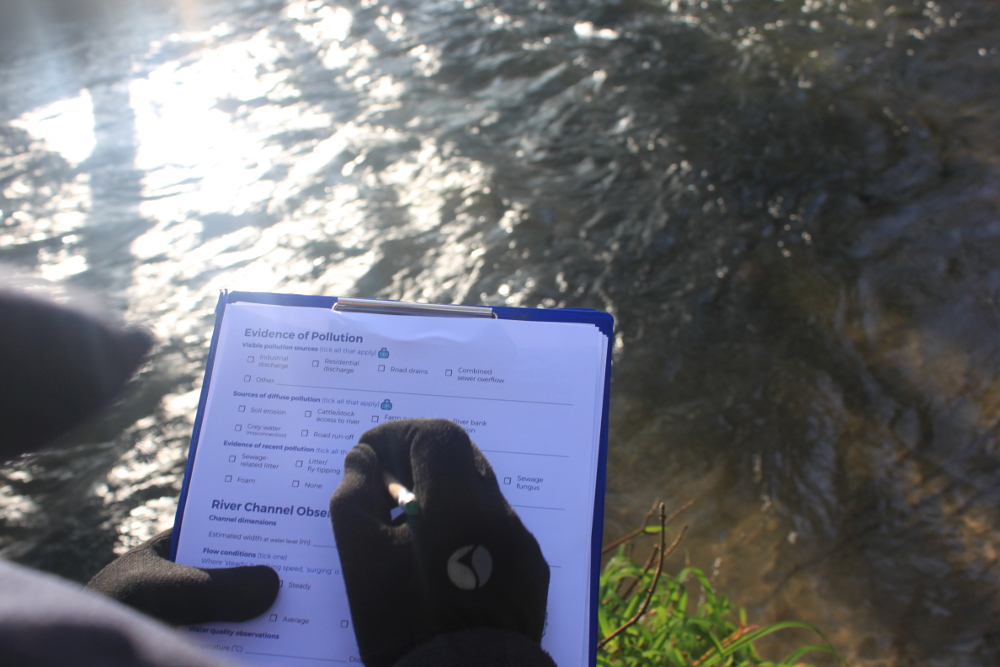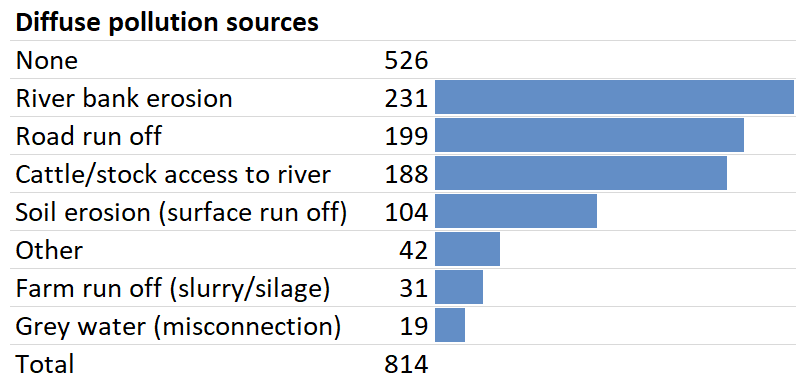During 2018, our water quality citizen science programme, Westcountry Citizen Science Investigations (CSI), had a surge in popularity, with its dedicated volunteers helping us monitor the regions rivers, estuaries and tributaries.
71 CSI volunteers shared 1,050 river surveys with us last year. They helped us to learn more about the health of our waterways.
This is up from 727 surveys by 51 people in 2017.
We are enormously grateful to our dedicated volunteers – so whether you did one survey or 100 in 2018 – thank you.
Of the 590 designated water bodies in the Westcountry, in 2018 we had surveys recorded in 106 of them, which is almost 20%.
That’s a great start but we are aiming for 100%.
There are still some notable gaps – North Devon and the east of the region could do with more volunteers and we’d love to increase our coverage in the small coastal catchments.
Thankfully, serious pollution incidents in our Westcountry rivers are relatively unusual.
However, during 2018 our volunteers did spot one of these and were the first to call it in to the Environment Agency pollution hotline.
Their prompt action will have helped the Agency gather evidence that increases the chances of a successful prosecution.
Much more common are diffuse pollution issues – seemingly small things that occur hundreds or thousands of times across a catchment.
This could be soil erosion, cattle in rivers, domestic misconnections – our volunteers recorded 814 instances of diffuse pollution in the 1050 surveys – see graph below.
This information can be passed straight to our catchment advisors where we have them so they can speak with the landowner or relevant authority.
In other locations, it will help us build an evidence base that we can use to develop future projects.
To become a Citizen Scientist with us, visit: wrt.org.uk/project/become-a-citizen-scientist


